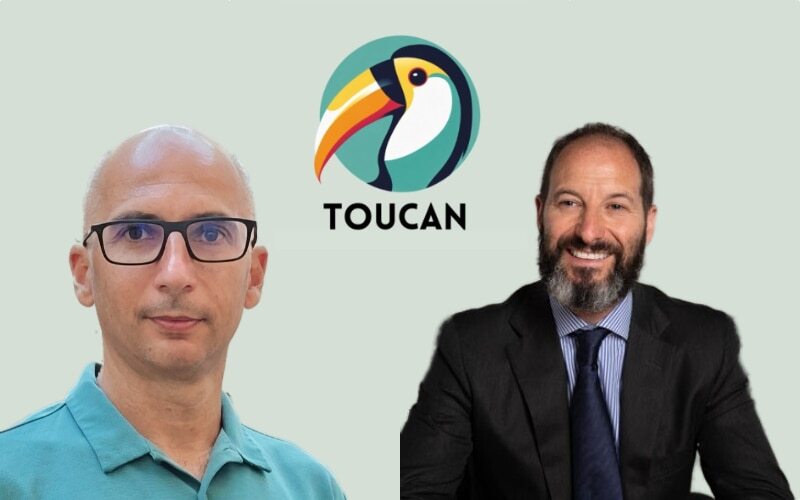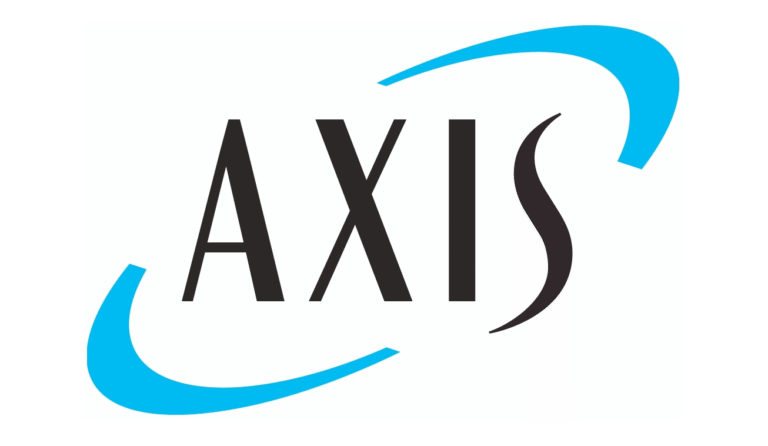
The global insurance and reinsurance industry is facing a significant talent gap, a challenge exacerbated by outdated recruitment practices and, in some cases, a lack of understanding of specialised industry roles, Marco Silva and Lucian Chiroiu, co-founders of Toucan, shared with Reinsurance News in a recent interview.

Silva noted that certain online platforms are big contributors to the problem: “There definitely is a talent gap. And most of it I think is the fault of systems like LinkedIn, personally.”
The co-founder also explained that the longevity of careers within the industry can create a bottleneck, limiting opportunities for younger professionals.
“Many people in the industry decide to stay for a long time, pass the retirement years, leaving a gap where there is no chance for younger people to evolve. And then many recruiters don’t want to concentrate on younger people because the talent agency people at the companies don’t want to pay money for it,” said Silva.
The executive also highlighted the inefficiencies that come with many traditional hiring processes. “Usually, the hiring process starts with the person looking for a role, sending their CV to the talent acquisition team, something that can be very time consuming for the underwriter or broker who is looking for a job.”
He added that, while it might not be as burdensome for the talent acquisition specialist, the process often stops or pauses at the HR or the talent acquisition team within companies.
“When the process reaches HR or the talent acquisition team, it stops,” he said. “There are many reasons for this, but in many situations they take too long. For example, six weeks or more for a contract, and the candidate moves on to another company.”
The reliance on recruitment platforms, Silva believes, also leads to wasted resources. “Usually talent and acquisition teams just go on the LinkedIn recruiter website, and everyone’s got their hand up for a job. Therefore you get people that are not really interested or not really serious. And so, you do waste an immense amount of time and money,” he stated.
In contrast, as a company, Toucan believes in a more personalised and effective methodology. Silva explained: “I’m happy to say that in the year, year and a half, both people and managers that we have set up are very happy. And I believe that is because we did the groundwork at the beginning to say, you know what, this person won’t fit your job or this person will fit your job.”
Silva differentiates Toucan from a “production line” approach, emphasising their bespoke nature: “We want the candidate to enjoy the recruitment process. We act as an agent for the candidate, so we have a smaller pool of people that we know that we can place in roles. Our general philosophy is getting to know the people and getting their trust.”
Chiroiu further elaborated on Toucan’s mission. He said: “Our mission is and what we’re trying to do is to be the candidates agent, representative. So, talk to the companies on their behalf, to represent them and represent their best interest.
“Another thing that makes us different is that we know exactly the scope of a specific role. Many times other recruiters phone candidates and don’t know much about them, about their previous roles, and they are calling them for positions that are not relevant to them, wasting everybody’s time.”
Regional differences in recruitment also present unique challenges. Chiroiu commented: “We are active in France, in Spain, in Switzerland, and the biggest difference, compared to London for example, is that outside London, the talent acquisition team is even more complicated to deal with than in London, their style is more old-fashioned compared to London.
“Also, competition is higher in London, therefore job offers are better. In the continent there are less people working in insurance, companies are less flexible with their offers, and the talent and acquisition teams have less understanding of what insurance is, making the hiring process more complicated.”
Looking ahead, Silva identified the Middle East as a growing region for the re/insurance industry. He said: “Another trend we might see over the next few years is the growth of the Middle East sector. It’s a fantastic place to do business. It’s very easy to set up, there’s not a lot of red tape, the barriers to enter are easier, and the environment is great. There is a hub now. A lot of that area is tax-free so people can earn money and live a decent lifestyle.
“I think we are going to continue seeing the Middle East sector grow and grow. This region deals with North, West, and East. If you think West, Africa is a completely untapped continent in terms of insurance.”
Silva predicts the Middle East will follow a similar path to China, whose re/insurance sector was not widely recognised a decade ago but now boasts some of the world’s largest insurance companies.
“I believe the Middle East presents a significant opportunity to trade business in Africa, Türkiye and other nations in the region, particularly considering their cultural similarities compared to those with Western European, America, or Far Eastern countries,” he concluded.





